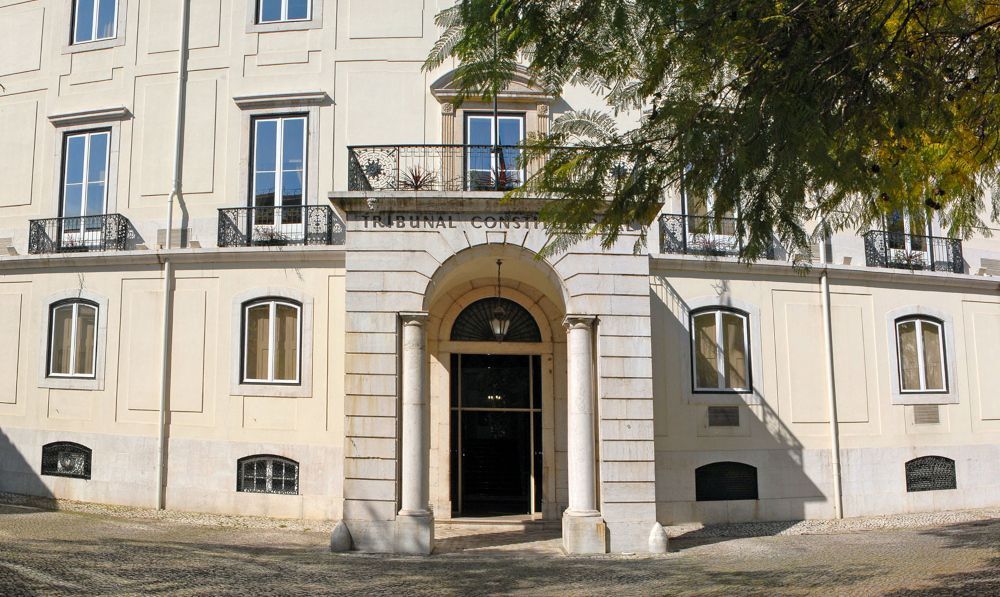The Latest Update: Converting Commercial Property Into a Home

Joana Torres Fernandes | Partner
There have been important changes to Portuguese law regarding the modification of housing properties. Owners may now alter the intended use of their property fraction from commercial to residential without obtaining approval from other co-owners, as long as it is intended for residential use.
This update is a result of a new Decree-law published on 8th January. The objective of this measure is to increase the housing availability through simplified changes of purpose, it is imperative that property owners fully understand the revised rules and approval processes to avoid any noncompliance issues that could negatively impact residents.
However, it is important to note that certain procedures and deadlines must still be observed. It is necessary to present and have a project approved by the respective municipality to ensure that any required works are carried out properly and obtain the appropriate use license.
Failure to comply with these procedures could result in properties being used for purposes that do not meet minimum standards or requirements for housing, such as storage or garage usage.
While co-owners no longer need to approve changes in purpose for residential use, any changes must be communicated to all co-owners through their respective administrations. Furthermore, if the change involves alterations to common areas that impact the building's aesthetics or architectural integrity, it still requires approval from a condominium meeting.
The Decree-law also mandates that any public deed or private document related to a change in constitutive title must be communicated to the administrator within 10 days.
It is imperative for property owners to understand that despite the recent legislative changes, compliance with existing local laws remains a critical factor. Any modifications should be aligned with the legal framework and structural guidelines outlined by the local authorities. As a measure of due diligence, professional consultation is advised prior to the initiation of any alterations to ensure that the changes meet the requisite safety and planning standards, thus safeguarding the owner against future legal discrepancies.
Should you wish to further discuss this matter, don't hesitate to
contact us. Our team is dedicated to providing comprehensive support to navigate these legal waters with the utmost diligence and precision.










